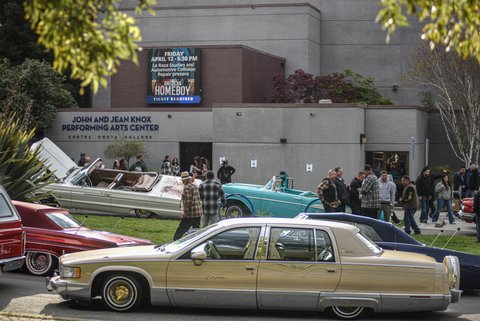
22 Apr ‘American Homeboy’ Pays Cinematic Ode to Chicano Culture

Lowriders lined Castro Road outside the John and Jean Knox Performing Arts Center during the screening of “American Homeboy,” a documentary about Chicano culture, on April 12.
Story and photos by Denis Perez-Bravo
Lowriders lined Castro Road in San Pablo, there for a screening of “American Homeboy,” a documentary about the pachucho and cholo Chicano subcultures.
The free screening, hosted April 12 at the John & Jean Knox Performing Arts Center at Contra Costa College, was followed by a Q&A with the director, Brandon Loran Maxwell; John Ulloa, who teaches anthropology at Skyline College and is featured in the film; and SF State doctoral students.
Loran Maxwell’s journey with “American Homeboy” began with his collaboration with the late Hayward producer Juan Espinoza to restore archival footage.
Espinoza, the creator of “Barrio Expressions,” a community access television show documenting Chicanx and Latinx life in the Bay Area from 1976-85, provided a rich pool of historical documentation.
As the restoration continued, Loran Maxwell’s personal connection to the subculture drove him to envision making a documentary.
- “I grew up in this subculture,” said Brandon Loran Maxwell, director of the documentary “American Homeboy” about Chicano culture.
“I grew up in this subculture,” he said. He got involved with drugs and gangs and served time in jail. Loran Maxwell also dropped out of high school at 17 before continuing his education later in life, ultimately getting his bachelor’s in political science.
He went on to become an award-winning writer whose work has been featured in The Hill, Salon, Townhall, The Washington Examiner, The Oregonian, and The Foundation For Economic Education, among others, according to his biography on his website.
But as a writer in D.C., Loran Maxwell says he was not allowed to write about Chicano culture.
So his goal with the film was to “contextualize it for regular people,” he said. “What I did try to do was create a cohesive storyline that was compelling that allowed people to follow the basics and walk away with a better understanding of the culture.”
The film’s production spanned three years, involving interviews and the restoration of archival footage. After a successful screening in Los Angeles, the project gained momentum and has now been screened in over 30 cities in five months.
>>>Read: Lowriders Cruise 23rd Street to Keep Tradition Alive
Ulloa underscored the importance of preserving Chicano culture authentically.
Having written his dissertation on developing lowriding as a teaching tool, he cautioned against commodifying culture for profit.
“Corporations are taking the aesthetic and leaving the carcass of everything not wanted,” he said. “History demonstrates that if we don’t control and speak our one truth, someone else will co-opt it and give their version of it.”
And he hopes bringing lowriding and Chicano culture into educational spaces will move the culture forward.
- Lorena Gonzalez of the La Raza Studies department brought the screening of “American Homeboy” to Contra Costa College.
“It is a very big treat that we are screening it here,” said Lorena Gonzalez, who teaches La Raza studies at CCC.
So far, the documentary has only been screened on college and university campuses and in community theaters, she said.
After watching a screening in August 2023, Gonzalez got to planning a future screening at CCC.
Established between 1969-1970, CCC’s La Raza studies program stands as one of the nation’s few remaining dedicated to the discipline.
As a federally designated Hispanic institution, CCC embodies its commitment to diversity with 46% of its student body identifying as Hispanic.
“This event tonight is the manifestation of bringing in those theoretical frameworks that we talk about in academia,” Gonzalez said. “Just like the documentary and this event, we center the people in the community.”
The documentary is available to be streamed online at chelatv.com.


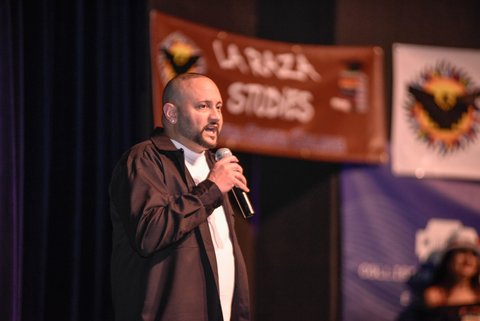
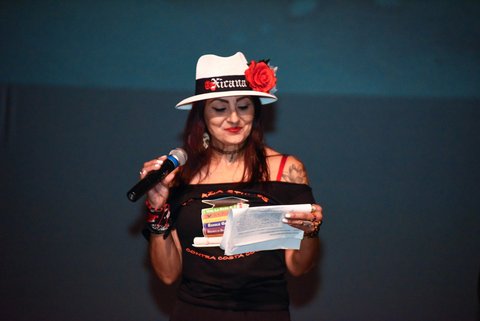
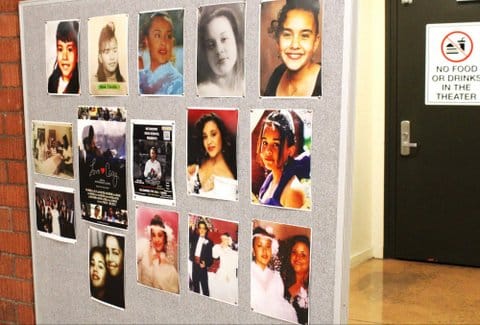
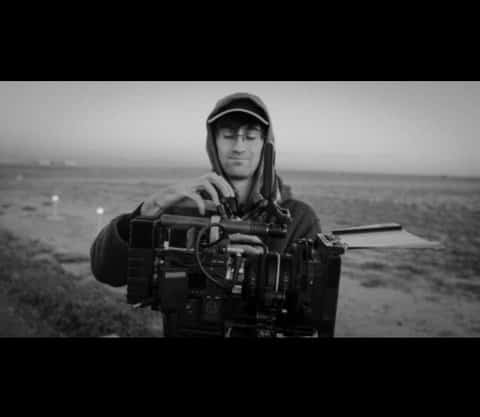
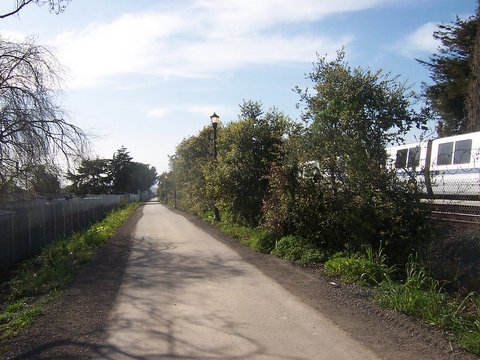
No Comments